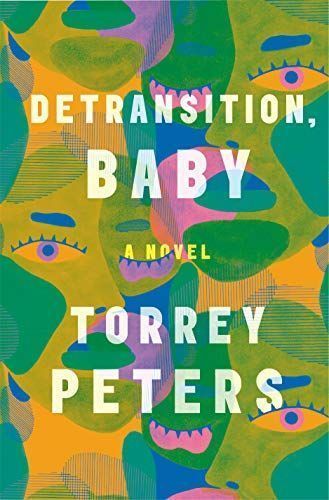
Reviews
Dora Tominic@dorkele
james cao@woofs
Ryan Mateyk@the_rybrary
Alex @alex_lit_posting
carly smallbird@smallbird
Lindy@lindyb
g.m.@genie_m
mic shulman@micshul
Meagan Fischer @mstypharatfinklatifolia
Lamia Hajani@lamafoyomama
eris@eris
Lisa Lindquist @lisalindquist
Derek@darikoz
Erin Jensen@esljensen
Meghan Navoy@megnavoy
Abiiii@mystic_blob
Krys C@bearsbeetsbooks
juno@tarobumma
Catie Fell@catiegreads
Sara@sarawiser
Rowan Hitchcock@rowanhitchcock
laura@lauraeerika
Angel Martinez@angxlmartinez
Angbeen Abbas@angbeen
Highlights
james cao@woofs
Page 304
james cao@woofs
Page 208
james cao@woofs
Page 165
sina (she/her) @sina
Page 101
sina (she/her) @sina
Page 9
Helen @helensbookshelf
Krys C@bearsbeetsbooks
Helen @helensbookshelf
Helen @helensbookshelf
Krys C@bearsbeetsbooks
Helen @helensbookshelf
Helen @helensbookshelf
Connie Meade@conniemeade
Page 172
Connie Meade@conniemeade
Page 166
Connie Meade@conniemeade
Page 155
Connie Meade@conniemeade
Page 49